Maximizing Efficiency: Why Exterior Insulation Matters in Modern Construction
In the realm of modern construction, efficiency and sustainability have become paramount over the past two decades. New construction here in BC now has strict provincial regulations around building efficiency - you can read more about Step Code 3 Building Practices here. Plenty of homeowners are opting in for these upgrades during renovations even where it’s not required for the simple reason of creating a more comfortable home, while seeing savings on their energy bills.
Exterior insulation stands out as a game-changer, offering numerous benefits that go beyond mere energy savings. By enhancing thermal performance, reducing energy consumption, and improving indoor comfort, exterior insulation proves to be an indispensable component of contemporary building practices. In this blog, we'll delve into the many ways exterior insulation is a valuable and worthy investment.
Exterior insulation plays a crucial role in moisture management by shifting the dew point to the exterior of the building envelope. When insulation is placed on the outside of the structure, it keeps the interior walls and building materials warmer, reducing the risk of condensation forming within the wall cavities. This movement of the dew point to the outer layers prevents moisture accumulation inside the walls, effectively minimizing the potential for mold growth and structural damage. By creating a more stable and controlled environment within the building envelope, we can enhance the overall durability of the building, ensuring a longer lifespan and much healthier indoor air quality.
Exterior insulation provides a continuous layer of thermal protection that significantly outperforms traditional insulation methods confined to wall cavities. In wood-framed homes, insulation placed solely between the studs is interrupted by the framing, creating thermal bridges that allow heat to escape and cold to penetrate. This results in energy inefficiency and uneven indoor temperatures.
In contrast, exterior insulation covers the entire exterior surface of the building without the same breaks for the wood framing materials, eliminating thermal bridges and providing a consistent thermal barrier. This continuous insulation layer will enhancee energy efficiency by maintaining a more stable indoor climate, reducing heating and cooling costs, and increasing the comfort and durability of the home.
Have you ever lived on a busy street, and you arrive home after a long day craving some peace and quiet, only to be distracted and interrupted by the traffic noises outside as if you’re standing right on the sidewalk? Or ever get tired of hearing your neighbour fire up the weed wacker at the crack of dawn every Sunday? Last but definitely not least, Exterior insulation systems offer significant acoustic benefits by acting as a sound barrier, reducing the transmission of exterior noise into the building. This is a huge added benefit as we move towards higher density housing developments. In many small communities where families used to live in Rural zoning areas with few neighbours and acres of land to themselves, we’re rapidly seeing a shift towards townhomes, duplexes, multi-dwelling buidling landscapes and rental suites on every property as the demand for housing rises and affordability weakens. This equates to a busier and noisier home environment than in previous generations. The additional layer of insulation dampens sound vibrations, creating a quieter and more comfortable indoor environment for you and your family. Moreover, by placing insulation on the exterior, interior wall cavities can remain thinner, which can translate to an increase in usable interior square footage - also very helpful with multi-family dwellings on small lots where every square inch counts! This optimization of space allows for more flexible interior design without compromising on insulation performance. The combination of enhanced acoustic comfort and maximized interior space makes exterior insulation an attractive option for modern construction, coupled with the building durability and efficiency benefits and this building practice is a win-win.
Have questions about this article? We’d be happy to help!
Reach us at info@habetinhomes.com or (604) 741-7230, or visit our contact us form here.




